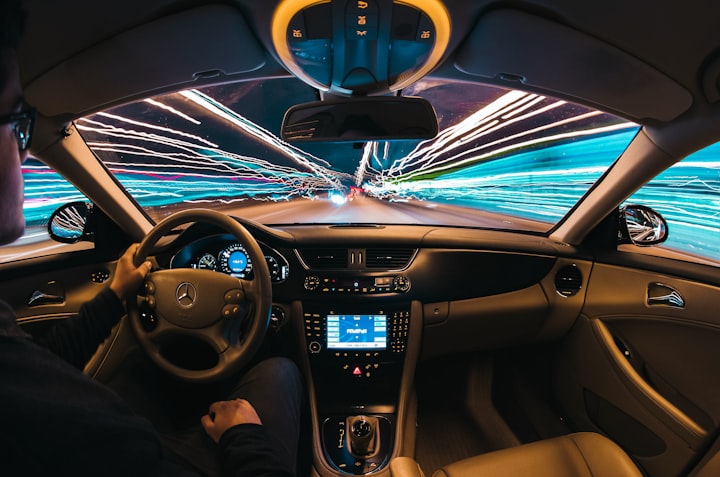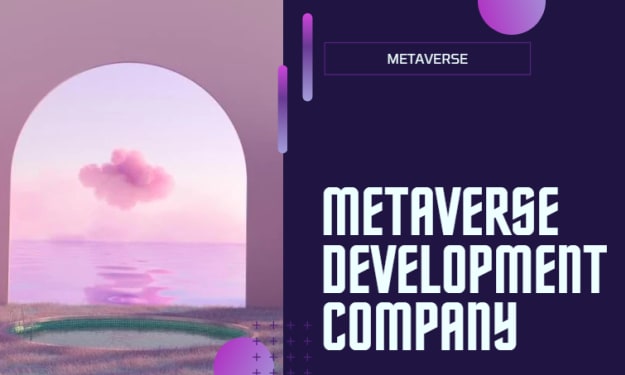Porsche 'Sports Car of the Future' To Be Unveiled June 8, Could Be Electric Boxster
car

Porsche said it will reveal a new sports car on June 8, exactly 75 years to the day after the German sports car maker was granted permission to sell the original 356 Roadster. The new model, which will represent its "vision of the sports car of the future," will play a role in Porsche's anniversary celebrations that will be live-streamed from the Porsche Museum in Zuffenhausen.
During the hour-long event, Porsche will utilize lights, music, and choreography to explore five themes: Heritage, Zeitgeist, Performance, Pioneering Spirit, and Dreams. However, the important bit isn't the party itself, but the car that'll be revealed.
There's no official word on the car that will debut on June 8, but the upcoming electric Porsche Boxster makes sense. Being an electric sports car, it fits Porsche's vision of the future, and being a roadster makes it a poetic car to reveal on the 75th birthday of the 1948 356 Roadster. However, since Porsche often uses "vision" in its concept car names, this unnamed sports car could be exactly that; a concept.
On June 8, 1948, Ferry Porsche received the general operating permit for the 356 Roadster #1. Back then, the 356 Roadster used a rear-mounted, 1.1-liter flat-four Volkswagen engine. It only made 35 horsepower but it also only weighed 1,289 pounds. When the electric Porsche Boxster arrives, it will weigh around twice as much as its 75-year-old sibling and will make considerably more power. It's rumored that the electric Boxster will use a single rear motor but that an additional motor at the front could make it all-wheel drive later down the line.
The live stream will start at 3:40 p.m. ET and can be watched here. A day after the big reveal, on June 9, Porsche will open its “Driven by Dreams. 75 years of Porsche Sports Cars” exhibition to the public at the Porsche Museum. There, any Porsche fan will be able to see the 75-year lineage of Porsche sports cars."Plastics contain more than 13,000 chemicals, with more than 3,200 of them known to be hazardous to human health," the report explains. "Moreover, many of the other chemicals in plastics have never been assessed and may also be toxic. Recycled plastics often contain higher levels of chemicals that can poison people and contaminate communities, including toxic flame retardants, benzene and other carcinogens, environmental pollutants like brominated and chlorinated dioxins, and numerous endocrine disruptors that can cause changes to the body's natural hormone levels."
Want more health and science stories in your inbox? Subscribe to Salon's weekly newsletter The Vulgar Scientist.
"Without dramatic reductions in plastic production and eliminating toxic chemicals from plastics, we risk a significant global ecological disruption."
Dr. Therese Karlsson — a Science Advisor with the International Pollutants Elimination Network (IPEN), many of whose studies are featured in the report — spoke with Salon by email about its broader implications.
"The studies show that waste workers are exposed when they collect plastics, communities near recycling facilities are exposed from air and water pollution and consumers who use recycled plastic products face toxic exposures," Karlsson told Salon. "It's also important to note that the science shows that recycled plastics can be even more toxic than virgin plastics. Thus, the science directly contradicts strategies to resolve the plastics crisis through more recycling."
Karlsson pointed out that the chemicals and wastes pollution crisis is, along with the climate change crisis and the biodiversity crisis, one of the "three planetary crises" facing Earth because of human activity. "The evidence shows that we have exceeded the planetary boundaries for chemical and plastics pollution, meaning that production and emissions may be threatening the stability of the entire global ecosystem," Karlsson explained. "Without dramatic reductions in plastic production and eliminating toxic chemicals from plastics, we risk a significant global ecological disruption."
Recycling plastics does not solve this problem. Indeed, as the report breaks down, there are "three uncontrollable poisonous pathways of plastic recycling," including how virgin plastics made with toxic chemicals can transfer those chemicals into the recycle products, how plastics absorb dangerous chemicals through direct contact and absorption and how when "plastics are tainted by toxins in the waste stream and the environment and are then recycled, they produce recycled plastics that contain a stew of toxic chemicals."
"Many people think that more plastic recycling will resolve the plastics crisis, but plastics are made with toxic chemicals, and there is no magic recycling box that makes these chemicals disappear — so recycling plastic is recycling toxic chemicals," Karlsson pointed out. "We therefore urgently need to ensure that toxic chemicals are phased out from plastics and that the overall production of plastics is decreased."
Dr. Shanna Swan, a professor of environmental medicine and public health at Mount Sinai School of Medicine in New York City, told Salon by email that she is "in complete agreement" with the report. Swan is a pioneering researcher in the subject of plastic pollution and human health; her book "Count Down: How Our Modern World Is Threatening Sperm Counts, Altering Male and Female Reproductive Development, and Imperiling the Future of the Human Race" broke new ground in documenting plummeting human fertility rates and their likely connection to plastic pollution. In particular, Swan has studied endocrine disruptors like phthalates and bisphenols, as well as other chemicals that seem to interfere with healthy human reproductive development.
About the Creator
samyog kandel
MY name is Samyog KandeL, and I am an individual with a passion for personal growth, knowledge acquisition, and making a positive impact. With a background in the sciences and a love for everyone.





Comments
There are no comments for this story
Be the first to respond and start the conversation.